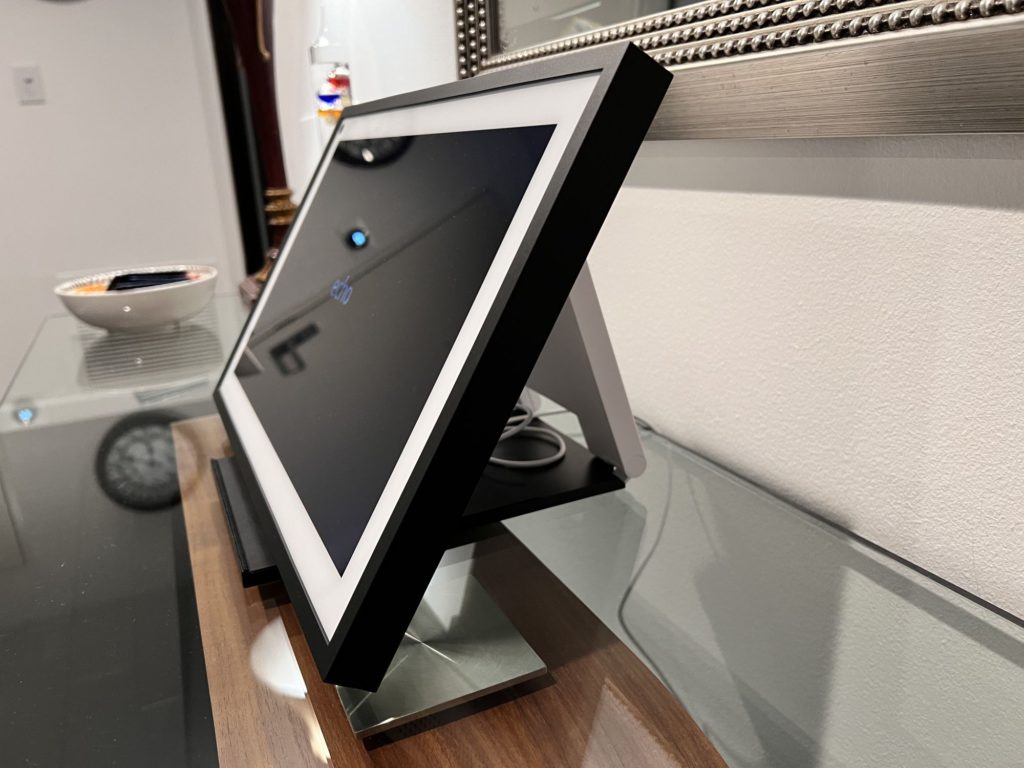(Bloomberg) — Amazon.com Inc., determined to turn Alexa into a money-maker, is inviting developers to advertise their apps on the voice-powered platform.
The ads could generate a new revenue stream, but the company’s main goal is to keep developers engaged by giving them a new way to lure users.
Eight years after its debut, Amazon’s Alexa ecosystem remains a fraction the size of Apple’s and Google’s smartphone app empires, which each command audiences of more than a billion users. As a result, everyone from banks to video-game makers put their emphasis on apps for those platforms.
While Amazon says the company and its partners have sold “hundreds of millions” of Echo smart speakers and other Alexa-capable devices, surveys show most people use them for relatively basic things such as setting a timer and looking up trivia. Many buyers also lose interest once the novelty wears off. That’s why many companies treat Alexa apps as experimental.
Exacerbating Amazon’s challenge, people struggle to find Alexa apps. Smartphone users looking for a weather app can quickly thumb through dozens of options. Asking Alexa to read the same menu is an exercise in tedium.
Enter the new ads, which will appear as popups on the screens of Echo Show devices. Amazon’s best seller is the screenless, hockey puck-shaped Echo Dot, but the company is increasingly prioritizing models that come with screens, including a 15-inch device pitched as a family hub and released last year.
Paid promotions are “something that developers have asked us for,” said Aaron Rubenson, an Amazon vice president who leads teams working on developer tools. “There are times when developers really want to drive outsized attention to their skill,” he added, using Amazon’s name for Alexa apps.
Amazon says there are about 130,000 Alexa skills, compared with about 2 million iPhone apps.
The company is trying to boost that number by offering developers a greater share of revenue. Developers who make less than $1 million will soon reap 80% of the sales generated from in-app purchases or subscriptions, up from 70%. They’ll also be eligible to receive an additional 10%. For now, that’s a cash rebate, but eventually it could include credits for ads or other goodies, Rubenson said. Amazon also plans to boost payouts to developers whose products are well built or find a lot of users, but don’t directly generate revenue.
With the introduction of the Echo and Alexa in 2014, Amazon staked a claim in the nascent market for voice-controlled smart-home devices. The company says there are now more than 300 million light bulbs, thermostats, smart locks and other web-connected home devices linked to Alexa, up from 200 million in September.
Still, Alexa isn’t a major profit engine for Amazon, and the company has struggled to create the voice shopping service it originally envisioned.
More stories like this are available on bloomberg.com
©2022 Bloomberg L.P.











